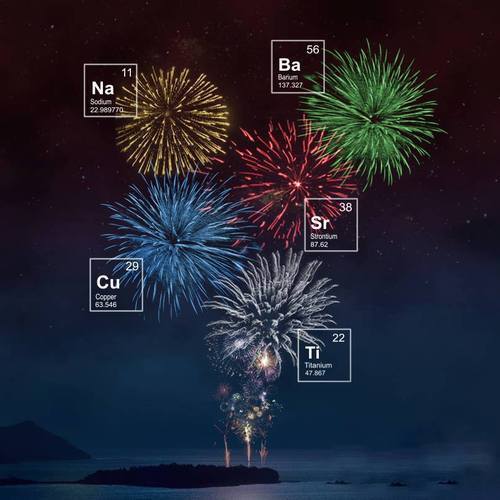Explain what is meant by electrolysis
_
Describe the test to show that a gas is chlorine
_
Write the balanced equation for the reaction of silver nitrate solution, AgNO3
,
with dilute hydrochloric acid to form silver chloride, AgCl, and nitric acid
_
Alkenes are unsaturated hydrocarbons.
State what is meant by unsaturated.
_
Propane and propene are bubbled through separate samples of bromine water.
Describe what you would see in these tests
_
In industry, long chain hydrocarbon molecules are cracked to form shorter chain
hydrocarbon molecules.
Explain why this process is important.
_
The percentage of carbon dioxide in the Earth’s atmosphere today is less than
that in the Earth’s earliest atmosphere.
Explain what has caused the percentage of carbon dioxide to decrease.
_
Carbon dioxide and other gases in the atmosphere help to keep the Earth
warm.
State how these gases keep the Earth warm
_
Describe the test to show that a gas is oxygen
_
Metal oxides react with acids to produce salts and water.
Dilute sulfuric acid was added to magnesium oxide.
State the name of the salt formed.
_
Explain what you understand by the term alloy
_
Explain, in terms of their structures, why magnalium is stronger than pure
aluminium.
_
Limestone is a natural form of calcium carbonate.
Explain why calcium carbonate can be used to treat waste gases produced in
coal-fired power stations.
_
If calcium carbonate is heated strongly it decomposes to calcium oxide and
carbon dioxide.
Write the balanced equation for this reaction.
_
The formula of a molecule of propene is C3
H6
.
Draw the structure of a molecule of propene, showing all covalent bonds.
_
Methane burns in oxygen to form carbon dioxide and water.
Write the balanced equation for this reaction
_
Natural gas is mainly methane.
A gas with similar composition, known as bio-methane, can be produced from
plants grown specifically for this purpose.
Describe the advantages and disadvantages of using bio-methane rather than
natural gas as a source of energy.

What you can expect from my tuition:
1. Supplementary notes
2. Practice questions
3. Past year paper questions
* Materials given might differ depending on student's given school materials
Teaching Methodology:
1. Understanding concepts and application of concept to questions
2. Developing Analytical and problem solving skills
3. Identifying exam trends and skills (Questions spotting)
4. Practicing variety of questions to prepare you for your exam
5. Simplifying difficult concepts
6. Identifying and improving your weakness
Do contact me at 9372-7675 or email enquiry@findtuitionteachers.com for tuition.
Student's Profile:
> Tertiary Student --
**Poly / JC (NYP, RP, SP, TP, NP, MDIS, Informatics, SIM, SAS, ACSI)
**University (NTU, NUS, SMU, Imperial College, London School of Economics, University of Durham, Uni SIM, UOL, RMIT, SAS, MDIS, University of Southern Australia, James Cook University, University of Newcastle, London School of Economics, Manchester Business School, University of Nottingham, Melbourne Business School)
**Master (Insead, Singapore Management University, NTU, UCLA, UC Berkeley, Manchester, Uni of Southern Australia, Uni of Buffalo, Uni of Adelaide, NUS, University of State of New York)
For more information, please visit www.findtuitionteachers.com
Sources: http://37.media.tumblr.com/2ef29241b3e79e0bbf0fcdd5ee3dac60/tumblr_myo813a1001to94olo1_500.jpg , http://chemistry.about.com/od/chemistry101/f/importanceofchemistry.htm
http://pastpapers.edexcel.com/content/dam/pdf/GCSE/Science/2011/Question%20papers%20and%20mark%20schemes/5CH1H_01_que_20130523.pdf
No comments:
Post a Comment
Note: Only a member of this blog may post a comment.